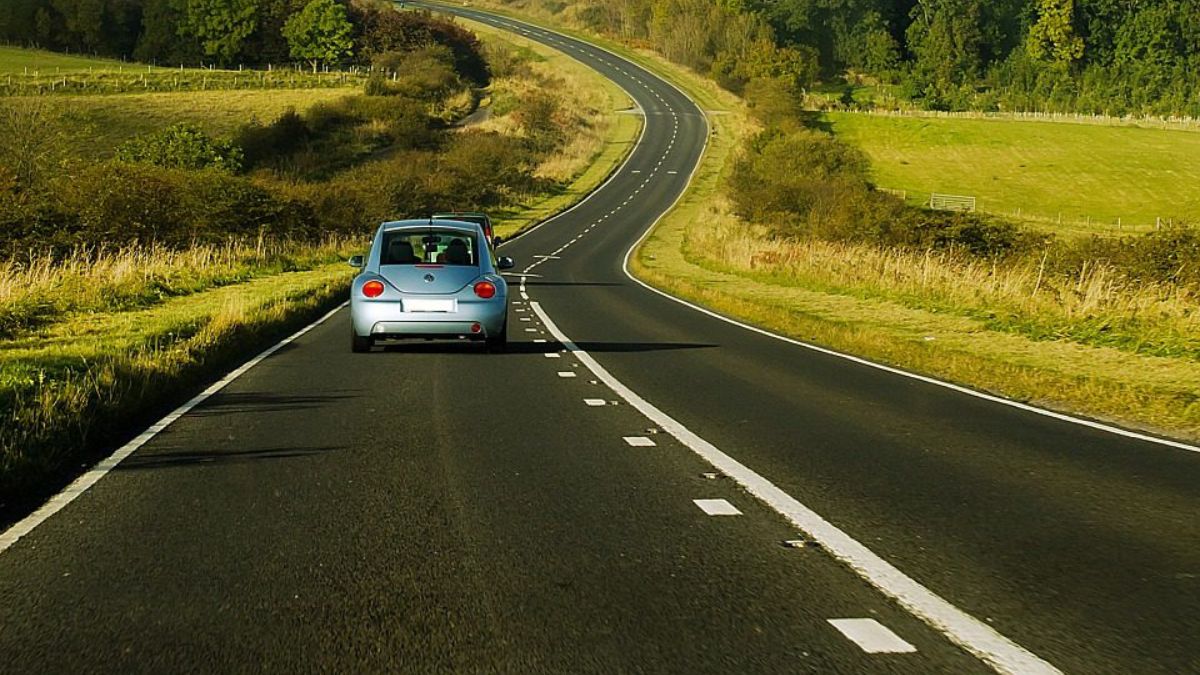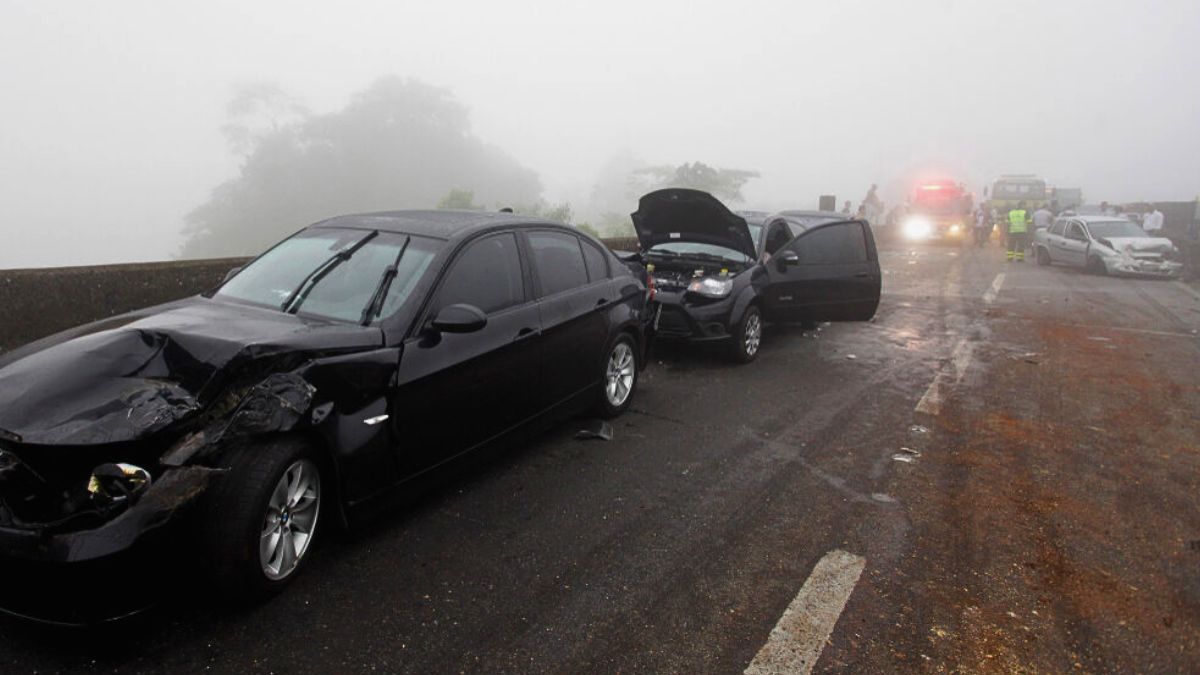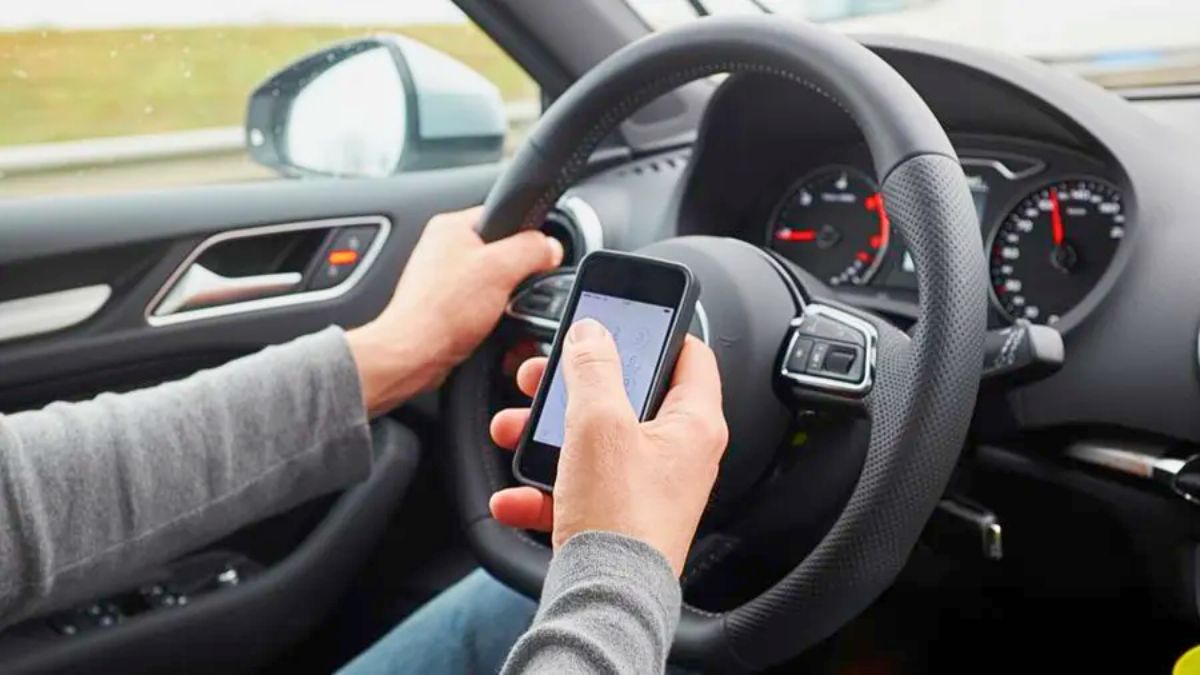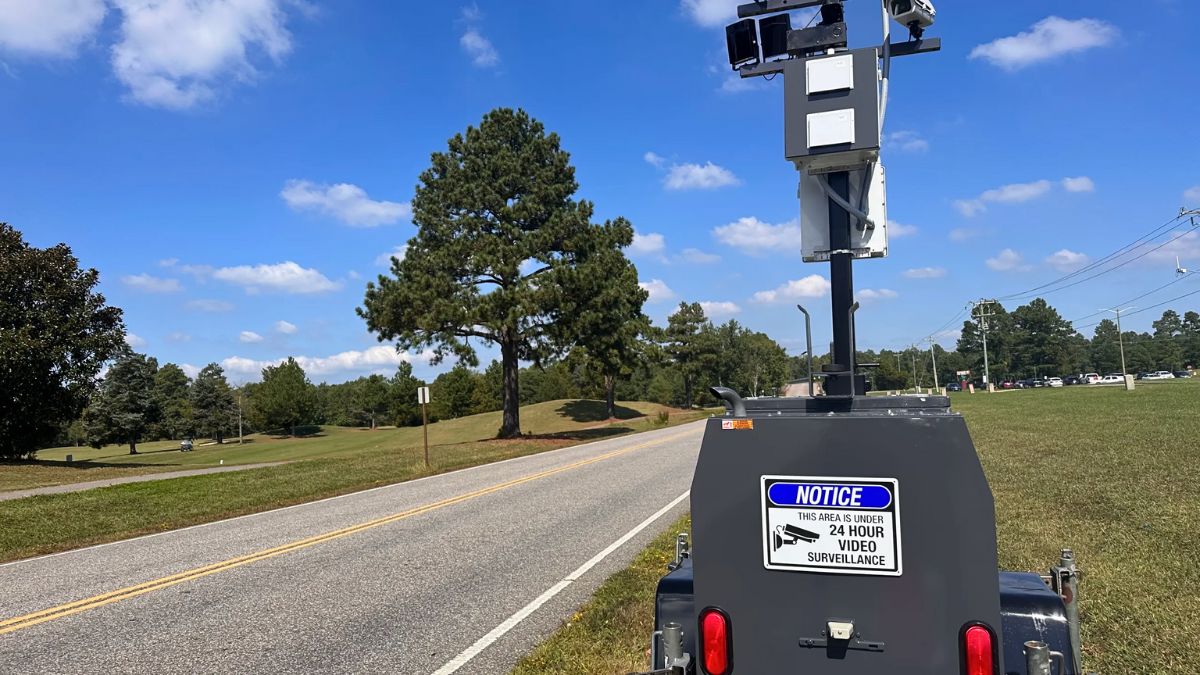Reckless driving in Virginia isn’t just a serious traffic violation—it’s a criminal offense. Many drivers are surprised to learn that what might be a simple speeding ticket in another state can result in a misdemeanor charge here. If you’re caught going too fast or driving carelessly, you could face jail time, fines, or even lose your license. Let’s unpack exactly what reckless driving means in Virginia, and what real-life consequences you could face.
What Is Reckless Driving?
In Virginia, reckless driving is defined by Section 46.2-852 of the state code. It covers a wide range of actions that endanger life, limb, or property. But there are also specific behaviors and speeds that automatically qualify—even if no one gets hurt.
Here are some examples that count as reckless driving:
| Offense Type | Description |
|---|---|
| Excessive speeding | Driving 20+ mph over the limit or over 85 mph |
| Racing | Competing with another driver on public roads |
| Passing a stopped school bus | When lights are flashing and children are present |
| Failing to yield or stop | At red lights, stop signs, or emergency vehicles |
| Driving too fast for conditions | Even below the limit during bad weather |
| Passing on a curve or hill | With limited visibility |
Basically, any behavior that puts others at risk can result in a reckless driving charge—even if you didn’t mean to.
Misdemeanor vs. Felony
Most reckless driving charges in Virginia are Class 1 misdemeanors, the same category as DUI or assault.
But if your actions lead to injury or death, or if you were driving without a valid license while committing the act, it could be charged as a Class 6 felony.
That means:
- Misdemeanor = Up to 12 months in jail and $2,500 in fines
- Felony = Up to 5 years in prison and a criminal record for life
Real-Life Consequences
Reckless driving in Virginia isn’t just a ticket you pay and forget. Here’s what you could face:
- Jail time: Especially for speeds over 90 mph or in reckless racing cases
- License suspension: Up to 6 months, depending on the severity
- Fines: As high as $2,500
- 6 DMV demerit points: Stays on your record for 11 years
- Criminal record: This can affect job applications, insurance rates, and security clearances
Many people are shocked to find out they now have a permanent criminal record for what they assumed was a traffic infraction.
Court Appearance Required
You can’t just pay a reckless driving ticket online. In Virginia, you are required to appear in court. You’ll have to enter a plea—guilty, not guilty, or no contest—and possibly defend your actions before a judge.
Depending on the facts of your case, you may want to:
- Hire an attorney
- Take a driver improvement course before your court date
- Request a reduced charge (e.g., improper driving)
Judges do have discretion and may lower the charge in certain situations.
Insurance Impact
Even if you avoid jail or a license suspension, a reckless driving conviction will almost certainly impact your insurance.
Expect your premiums to jump significantly, possibly doubling. Some insurers may even drop you altogether, depending on your record.
The DMV will also mark 6 demerit points on your license, which stays on your record for 2 years, while the conviction stays for 11 years.
How to Avoid It
The best way to avoid reckless driving charges in Virginia is to:
- Obey posted speed limits (especially on highways)
- Never exceed 85 mph—even in a 70 mph zone
- Avoid aggressive driving, tailgating, or weaving
- Take extra caution in bad weather or near schools
- Don’t race or attempt stunts, even for fun
It only takes one bad decision to trigger life-changing legal consequences.
Reckless driving in Virginia is no joke. It’s one of the few states where driving fast enough can land you in a courtroom instead of just with a fine. Knowing what qualifies—and what it can cost you—can save you time, money, and a lot of stress down the road.
FAQs
What speed is reckless driving in Virginia?
20+ mph over the limit or 85+ mph regardless of zone.
Is reckless driving a criminal offense?
Yes, it’s a Class 1 misdemeanor in most cases.
Do I have to go to court for reckless driving?
Yes, court appearance is mandatory for this charge.
Can reckless driving be reduced?
Yes, judges may reduce it to improper driving in some cases.
How long does reckless driving stay on record?
The conviction stays for 11 years on your DMV record.

















